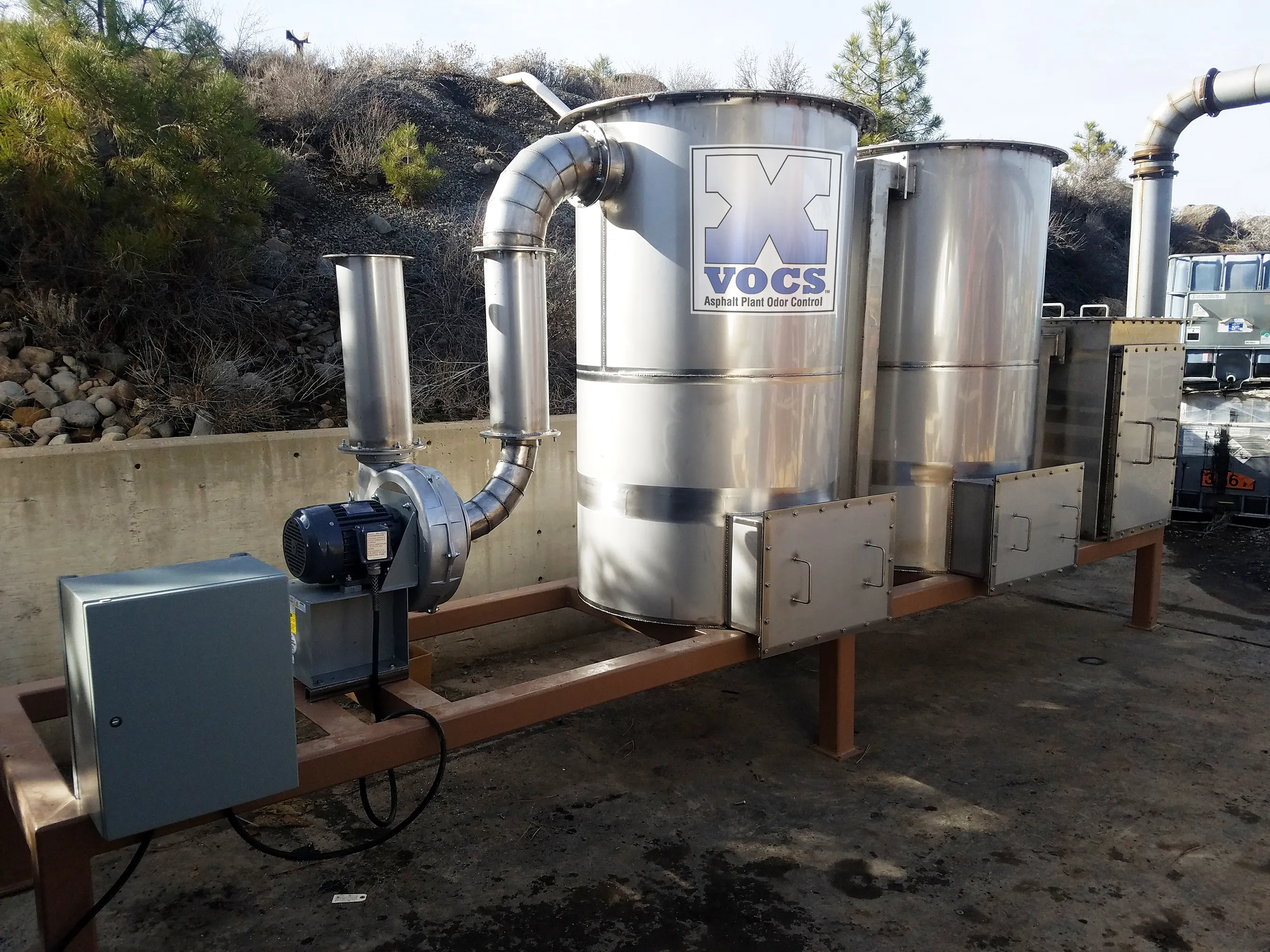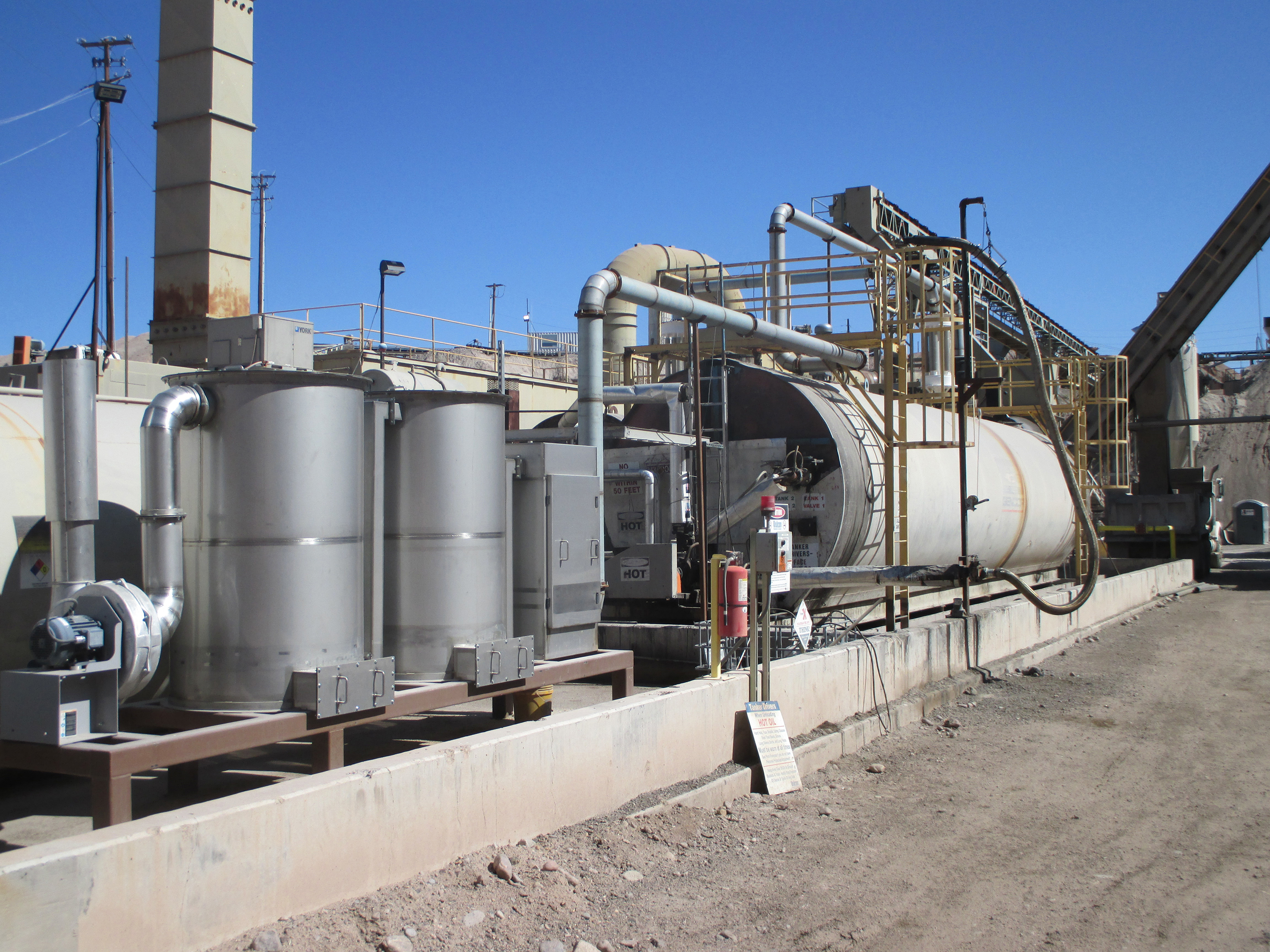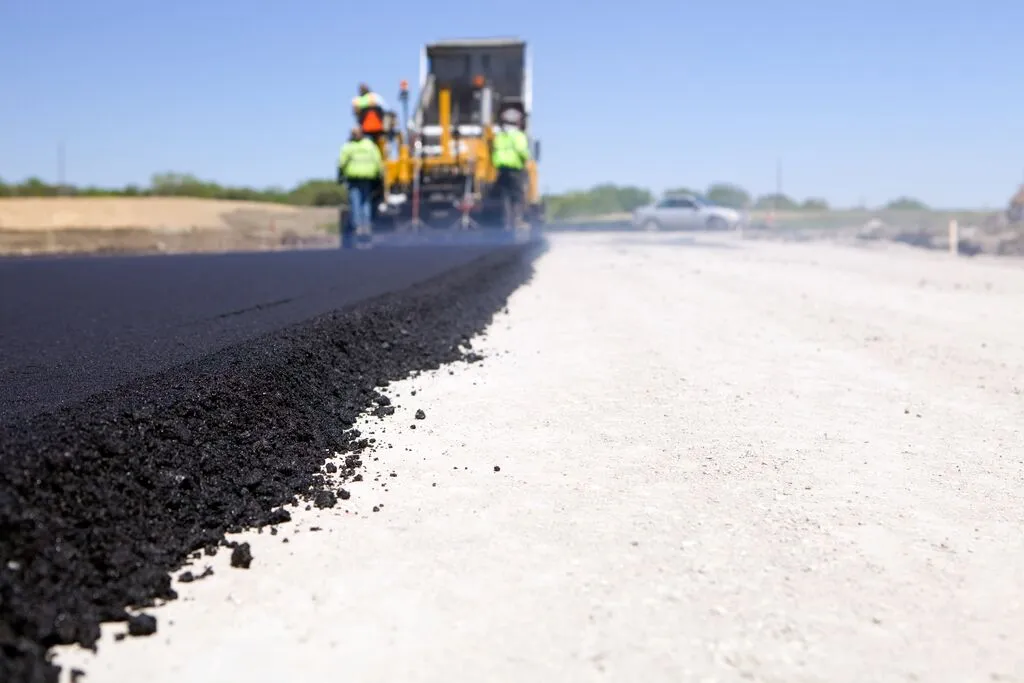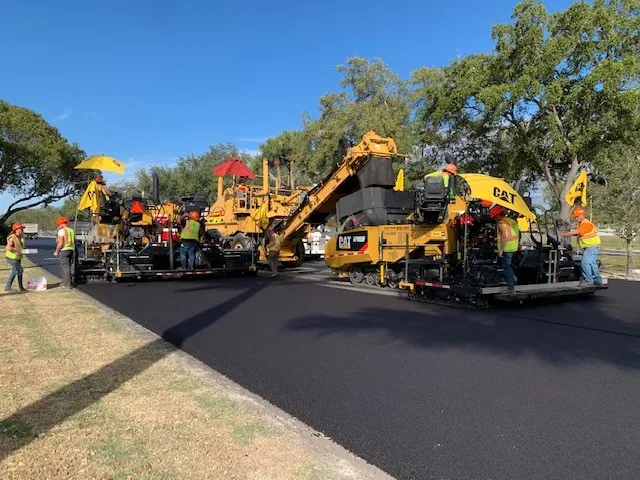
Blue Smoke Control says its X-VOCS system eradicates odour-causing emissions produced as a by-product during hot-mix asphalt production.
Invisible emissions from plants — specifically odour-causing volatile organic compounds (VOCs) that reside in hot asphalt storage tanks — can create a number of challenges for producers, ranging from regulatory requirements to overt opposition from neighbours. The X-VOCS System uses carbon absorption technology to filter and remove up to 99 percent of odours and VOCs from tanks. This includes hydrogen sulphide, H₂S, a flammable gas with a characteristic odour of rotten eggs - commonly known as hydrosulphuric acid, sewer gas and stink damp.
Blue Smoke’s X-VOCS has a five-stage filtration system. In the first three stages, a series of filters remove more than 95 percent of targeted particulates down to 0.3 microns. In the final two stages, carbon filtration beds remove remaining odours and volatiles. The company says that the X-VOCS system is ideal for new plants abut is also easily retrofitted into existing operations with minimal modifications to the plant.
When the X-VOCS technology is coupled with the company’s Blue Smoke Control system, emissions from hot-mix plants can be reduced to nearly zero. Similar to X-VOCS, the Blue Smoke Control system is retrofittable with few plant modifications.

The company, a division Butler-Justice and based in Anaheim, California, says its technology has proven to virtually end calls from nearby neighbours regarding odour and visual emissions. The company has hundreds of installations in the US, Canada, Mexico, Australia and Europe. “We worked for many years to solve the odour and VOC issues associated with asphalt production,” Mike Butler, president of Butler-Justice.
“The technology of X-VOCS can stand on its own, but it also combines well with our industry-standard Blue Smoke Control system to reduce both odour and blue smoke, which are some of the most common causes of neighbourhood and air quality board issues,” said Butler.









